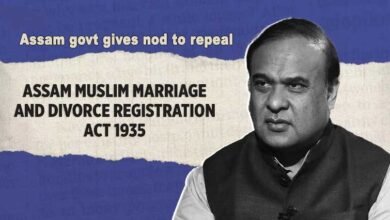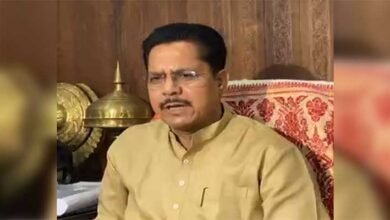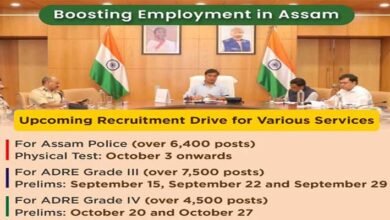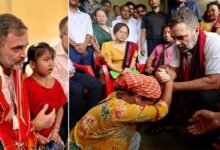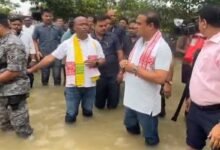Assam: Legal implications of promulgation of Section 144
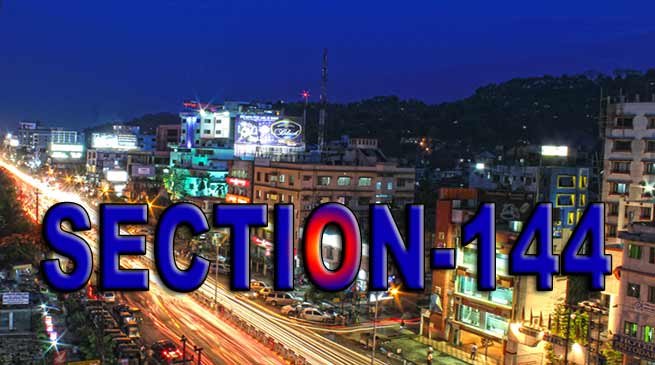

Assam: Legal implications of promulgation of Section 144 of the Code of Criminal Procedure in Guwahati
IGNORANCE OF LAW IS NOT AN EXCUSE :
By Bhaskar Dev Konwar, Senior Advocate, Gauhati High Court
An action under section 144 of the Code of Criminal Procedure is anticipatory, that is, it is utilized to restrict certain actions even before they actually occur.
Anticipatory restrictions are imposed generally in cases of emergency, where there is an apprehended danger of some event that has the potential to cause major public nuisance or damage to public tranquillity. The gist of action under S.144 is the urgency of the situation; its efficacy is the likelihood of being able to prevent some harmful occurrences.
Preservation of the public peace and tranquillity is the primary function of the Government and the aforesaid power is conferred on the Executive Magistracy enabling it to perform that function effectively during the emergent situations.
Any order passed under section 144 CrPC is valid only for a period of two months and it also empowers an executive magistrate to prohibit an assembly of more than four persons in an area. There is no punishment as such under section 144 CrPC, the punishment depends on the order passed under 144. It doesn’t mention anything about what police or authorities can do in case of violation, so at best police can take up someone into police custody, or basically arrest them so they are unable to cause further mischief or whatever they are being accused of. If a person is indulging in any criminal act as defined in IPC (Indian Penal Code), then of course police can file that complaint against him/her too.
AFSA
But most people may not be aware that the Assam Government (instead of the Centre), on 3rd of March 2018 had already extended the implementation of the more stringent Armed Forces (Special Powers) Act in the State for the next six more months. The Home and Political Department of Assam on February 28 had already declared the whole State a “disturbed area” under the 1958 Act.
The Armed Forces (Special Powers) Act gives the Army sweeping powers to search and arrest and to open fire if they deem it necessary for “the maintenance of Public Order”, and to do so with a degree of immunity from prosecution. The law, a legacy of the colonial administration, was meant to address emergencies in regions affected by conflict. For the law to be imposed, an entire State or a part of the State would have to be declared a “disturbed area”. Human rights activist considers it as a draconian ‘Black Law’. Irom Chanu Sharmila (The Iron Lady) protested against AFSA by observing hunger strike for sixteen long years. The Assam government is yet to consider withdrawal of this controversial Act.
CONCLUSION :
Right to assemble peacefully and to protest against a crime is a democratic right of its citizen which is, of course, subject to reasonable restrictions under Article 19 of the Constitution of India. Additionally, any restriction, which is opposed to the fundamental principles of liberty and justice, cannot be considered reasonable. There are numerous instances of internet shutdowns by invoking Section 144.
During curfew you are not allowed out of your home, if you wish for some reasons, you need a prior approval from the local police. However, during the imposition of section 144, you are allowed to go out of your home but with only 4 people maximum.
As a responsible citizen, you should uphold the law and take care to see that you are not part of an unlawful assembly, who may indulge in rioting or arson, etc.
(The opinion expressed by the writer Mr Bhaskar Dev Konwar, is his personal views only)




